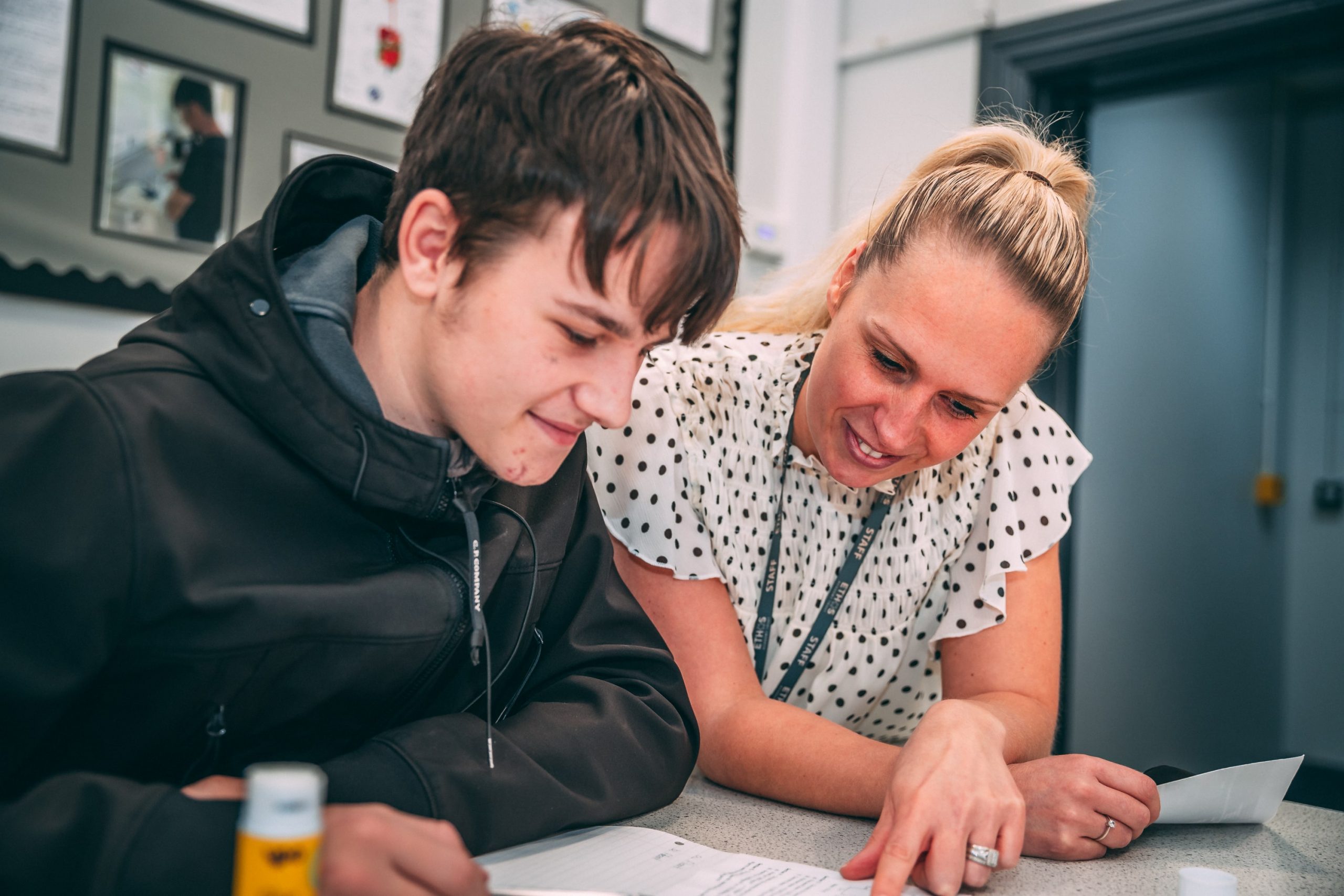Many pupils in schools may display behaviours that indicate they feel insecure about their self-worth or find it difficult to express their feelings. These behaviours can include withdrawal, whilst others might show signs of frustration or emotional distress through behaviours that can be challenging, whether minor or more significant, which can impact their ability to build relationships and reach their full potential
At Ethos College, we understand that these behaviours often reflect underlying and/or unmet emotional and social needs. By recognising and understanding these signals, we can provide the appropriate support to nurture pupils’ social, emotional, and mental well-being, helping them feel safe, supported, and more engaged in their learning.
The Boxall Profile® is an invaluable tool to assess, identify and address children and young people’s social, emotional and behavioural development across the whole setting. We use the two-part checklist, which is completed by staff who know the young person best, to identify the levels of skills they possess to access learning. This enables us to ensure that every child and young person gets the support they need to fully engage with their education.
Boxall Profile® assessments are able to uncover undiscovered moderate SEMH needs in pupils; however, it is not designed as a diagnostic tool for specific mental health conditions, learning difficulties or developmental difficulties. Instead, assessments are designed to help us to understand and work more effectively with children and young people, in a way that’s sensitive to the needs of the individual child or young person.
At Ethos College, we use the Boxall Profile® to inform curriculum and intervention planning, which are tailored to each young person’s specific SEMH needs. Alongside addressing individual challenges, we also use it to evidence and meet levels of need across groups.
The Boxall Profile helps with:
Early identification and assessment
Supporting staff to develop their observational skills and their understanding of children and young people’s difficulties.
Target setting and intervention
Setting individualised, achievable targets that reinforce target behaviour and skills.
Tracking progress
Helping staff review children and young people’s target behaviour.
